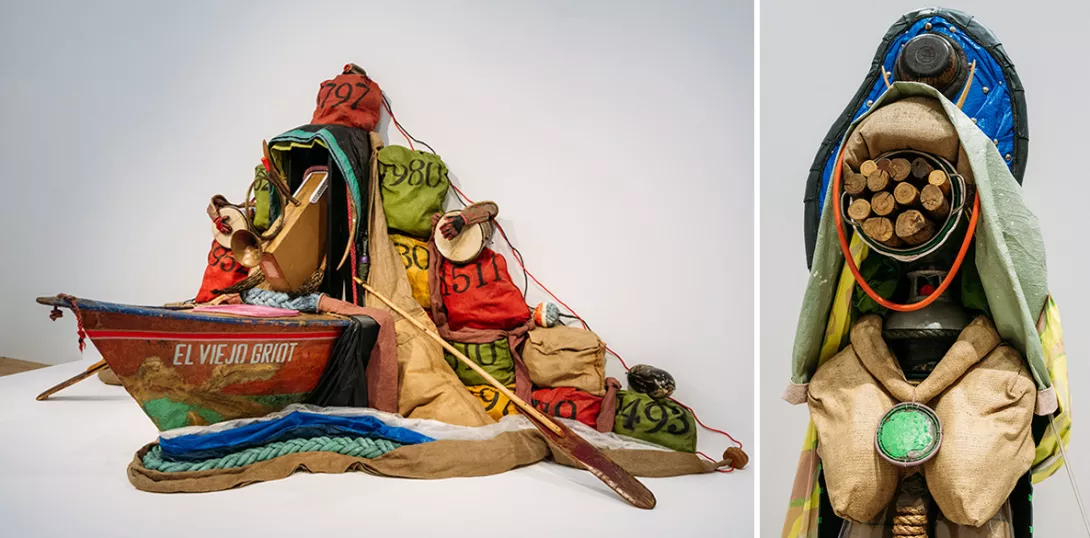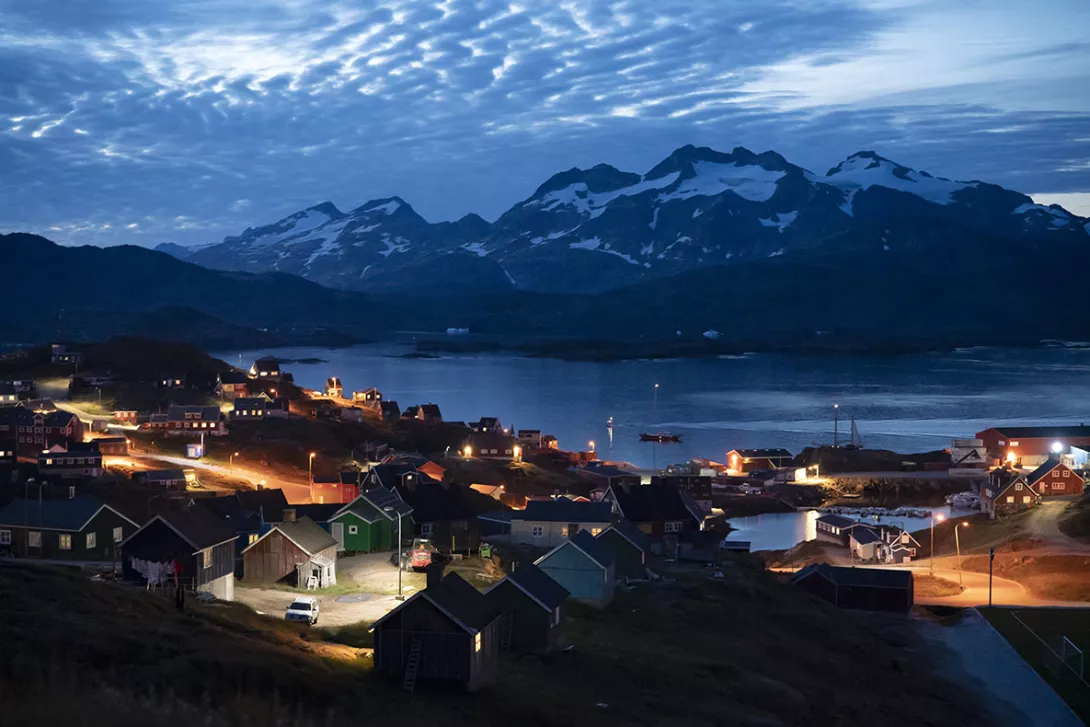ANDY HEDGECOCK relishes two exhibitions that blur the boundaries between art and community engagement
Instead of a thousand words
LYNNE WALSH’S choice are photographers prepared to focus on the outcomes of the politics of exclusion
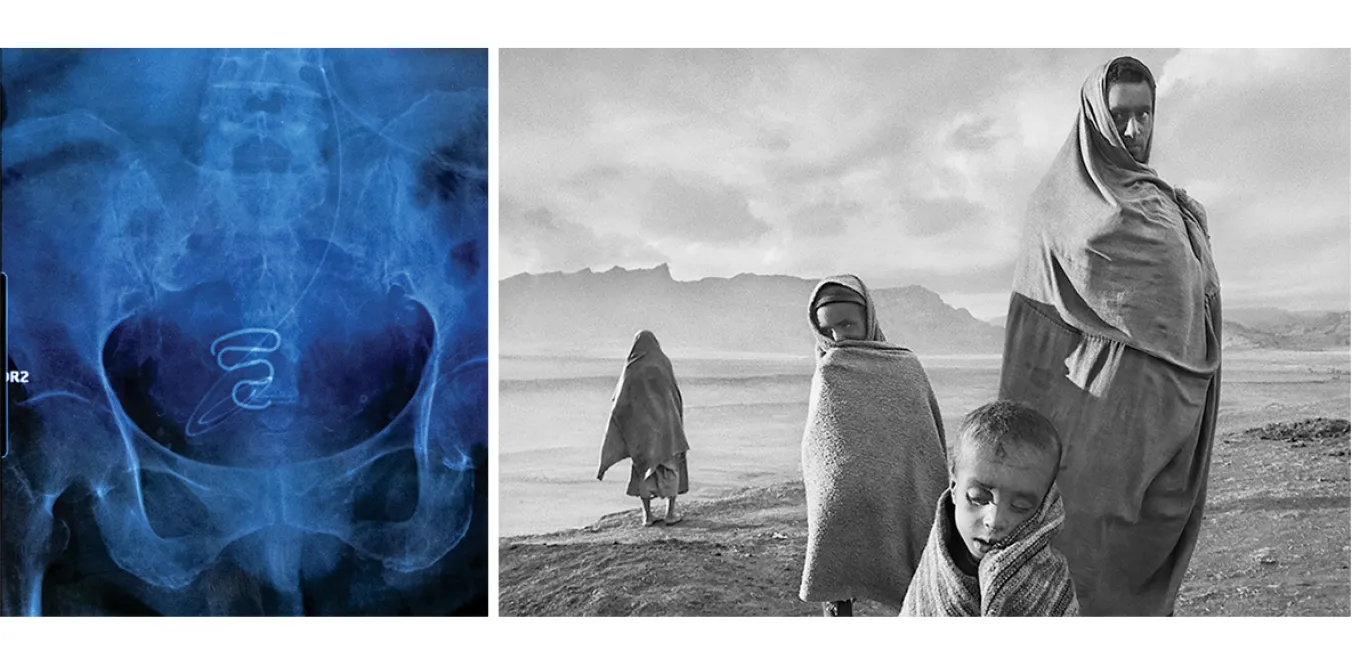
Sony World Photography Awards Exhibition
Somerset House
THIS is an eclectic showcase of talent, with a few hefty themes emerging, including mankind’s hand in the immolation of our beautiful planet.
Another thread, with some gut-punching images, is the ubiquitous violence against women and girls, and the soaring power of sisterhood, as female photojournalists focus on telling their sisters’ stories.
The star of the show, in many ways, is the amazing Brazilian photographer Sebastiao Salgado, recipient of this year’s Outstanding Contribution to Photography.
More from this author
Anti-fascists from around the world will soon be travelling to Spain to commemorate the International Brigades and walk in the footsteps of the bravest of their generation, writes LYNNE WALSH
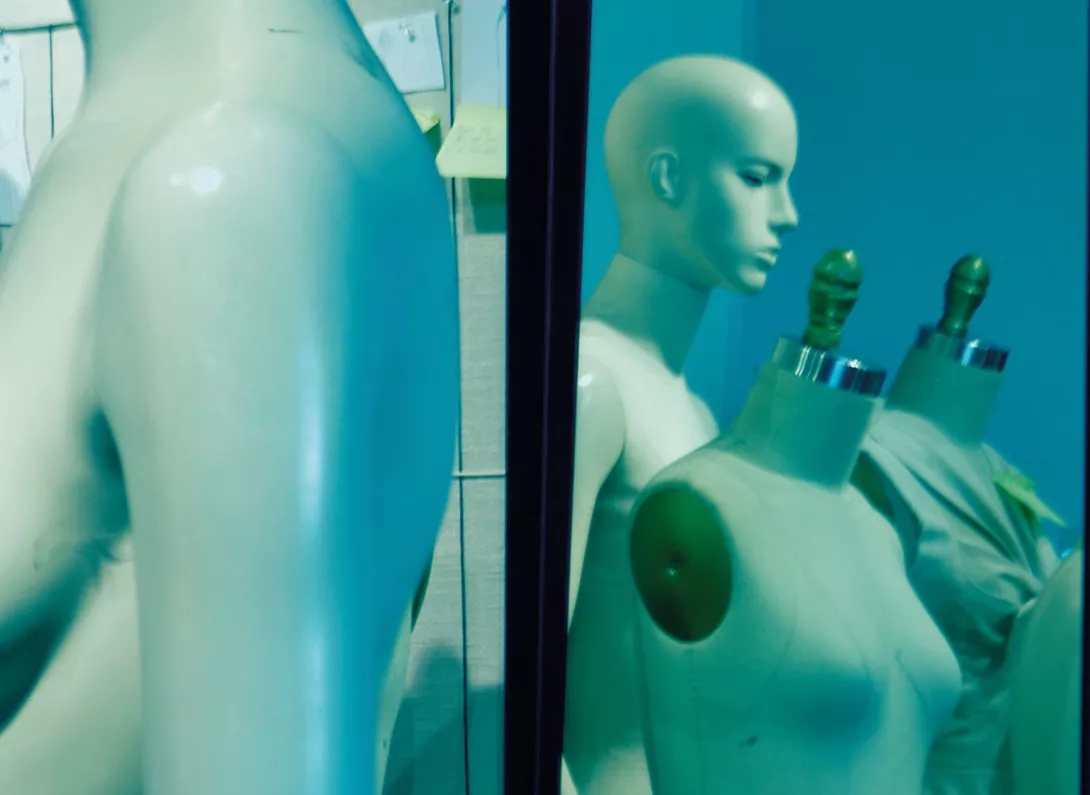
From prostitution to surrogacy, access to women’s bodies can be bought for a fee. LYNNE WALSH reports from a conference exploring the mounting crisis in which women are increasingly seen as products to be consumed
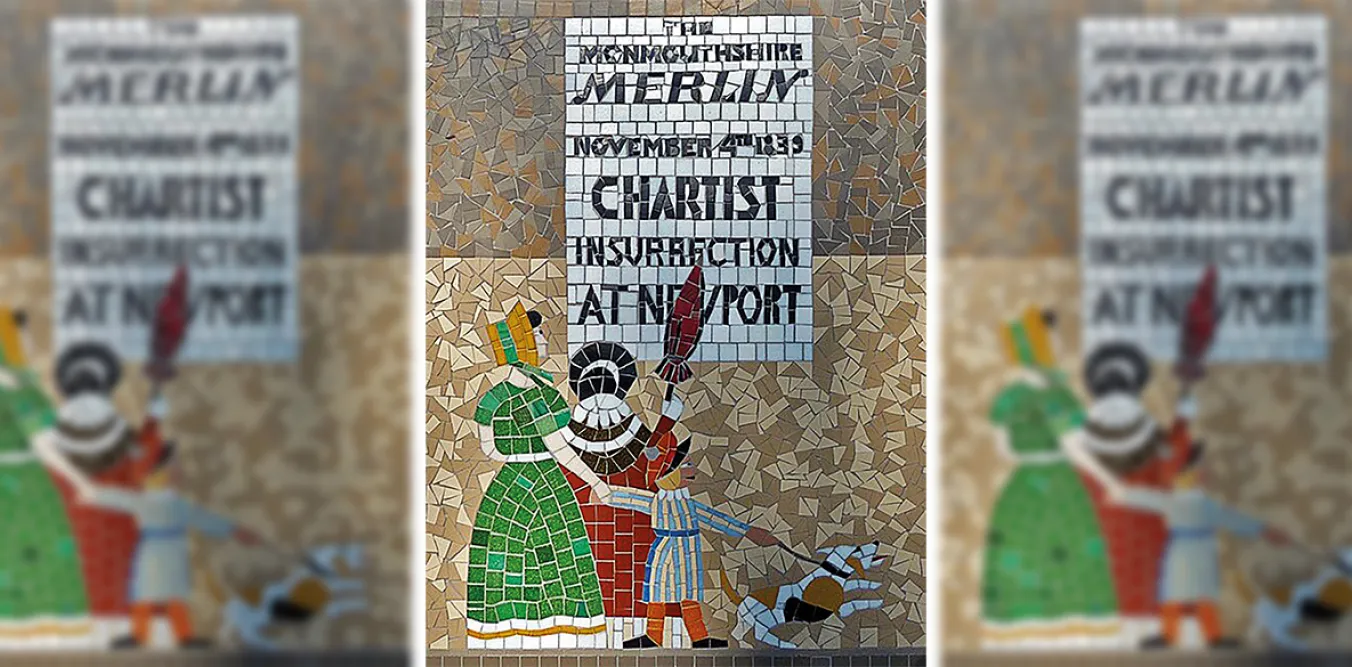
LYNNE WALSH reports from the recent ‘Chartism Day’ conference at Reading University, where sisters of the 19th century Chartist struggle emerged from the pages of history
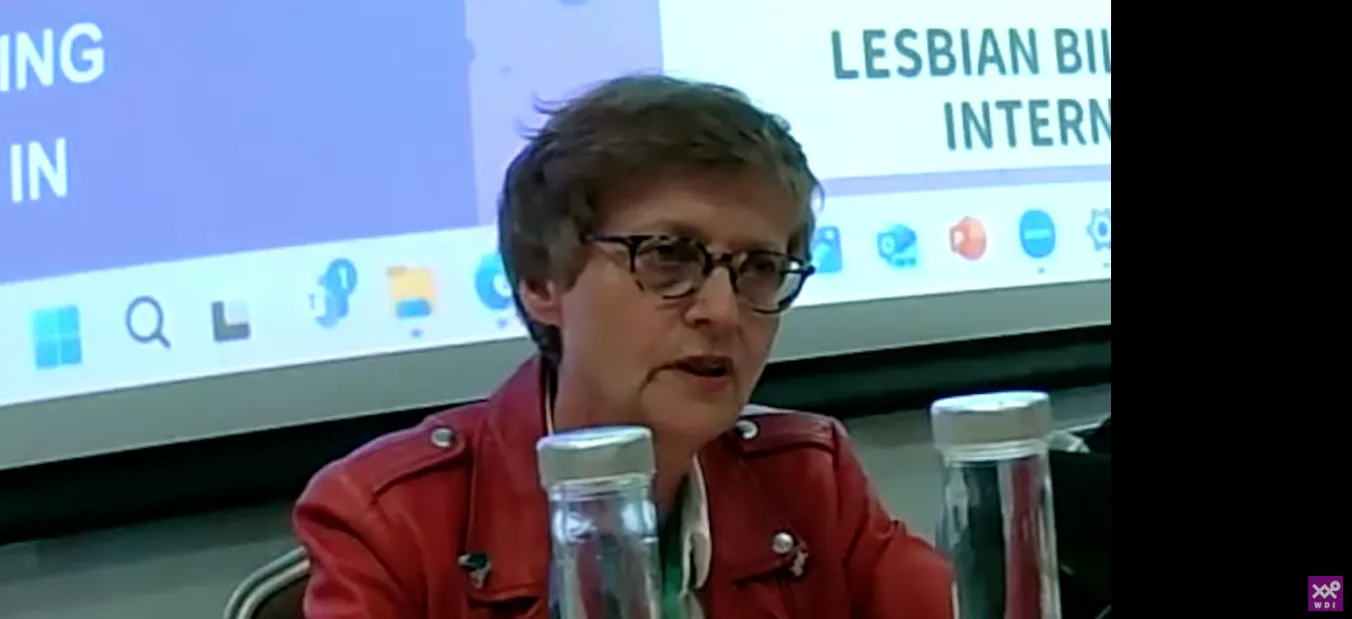
LYNNE WALSH reports from a recent conference in London organised by the Women’s Declaration International
Similar stories
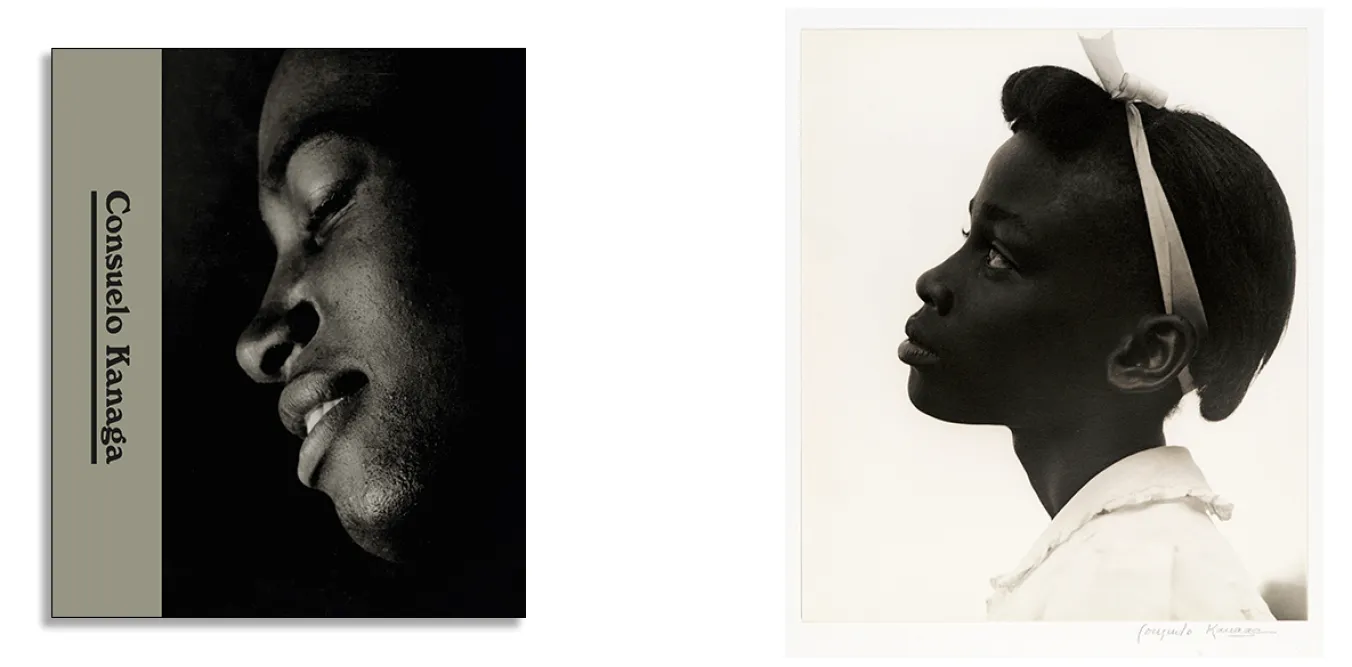
JOHN GREEN marvels at the rediscovery of a radical US photographer who took the black civil rights movement to her heart
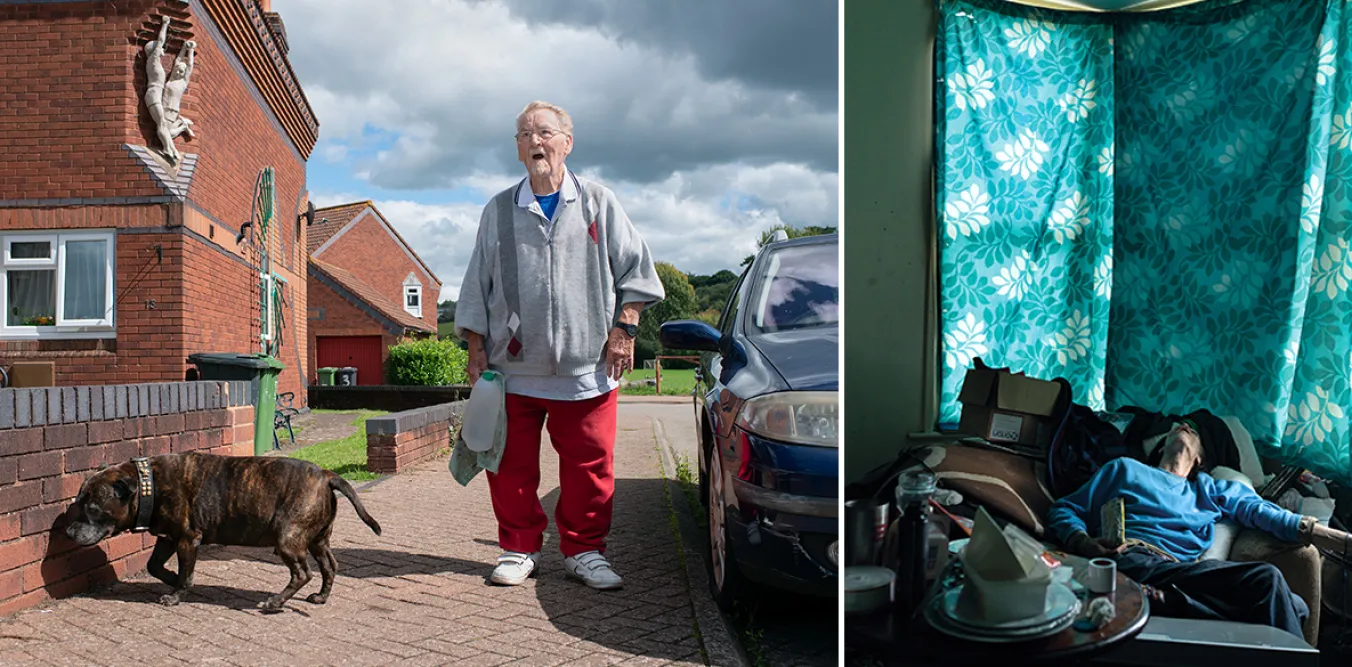
JOHN GREEN appreciates two photobooks that study the single room of a homeless hostel resident, and a council estate in Exeter
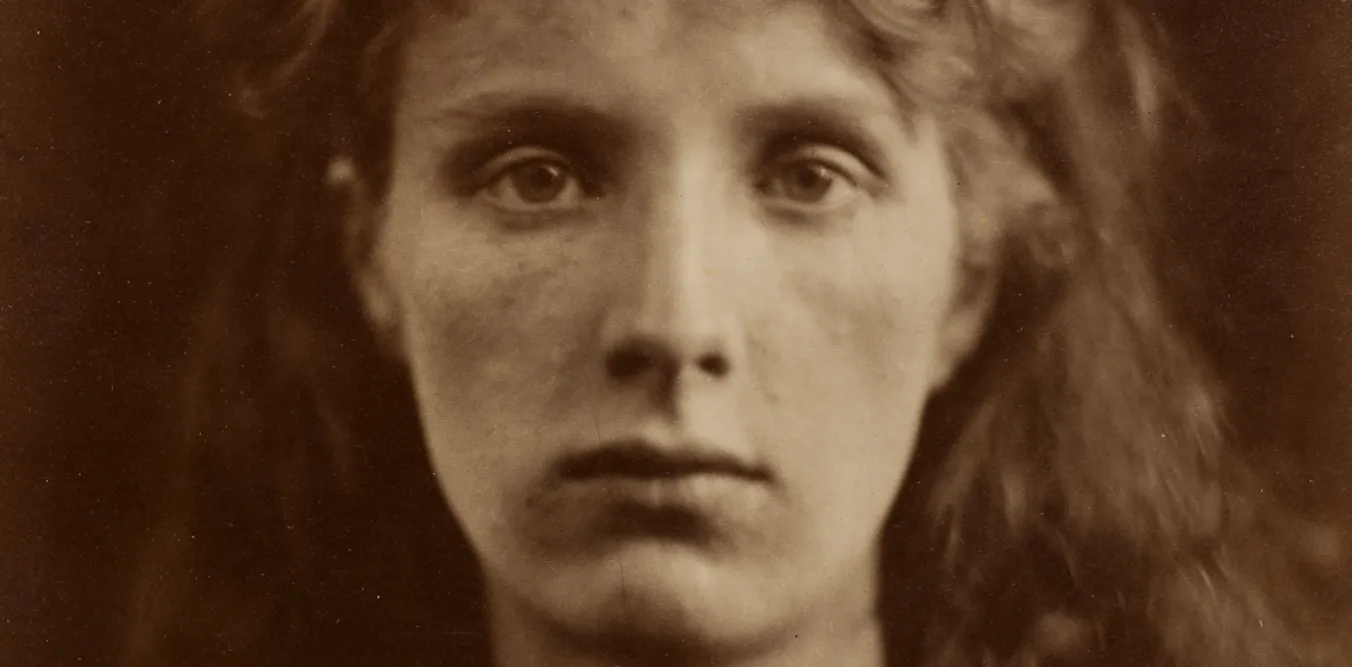
LYNNE WALSH applauds a show of paintings that demonstrates the forward strides made by women over four centuries


